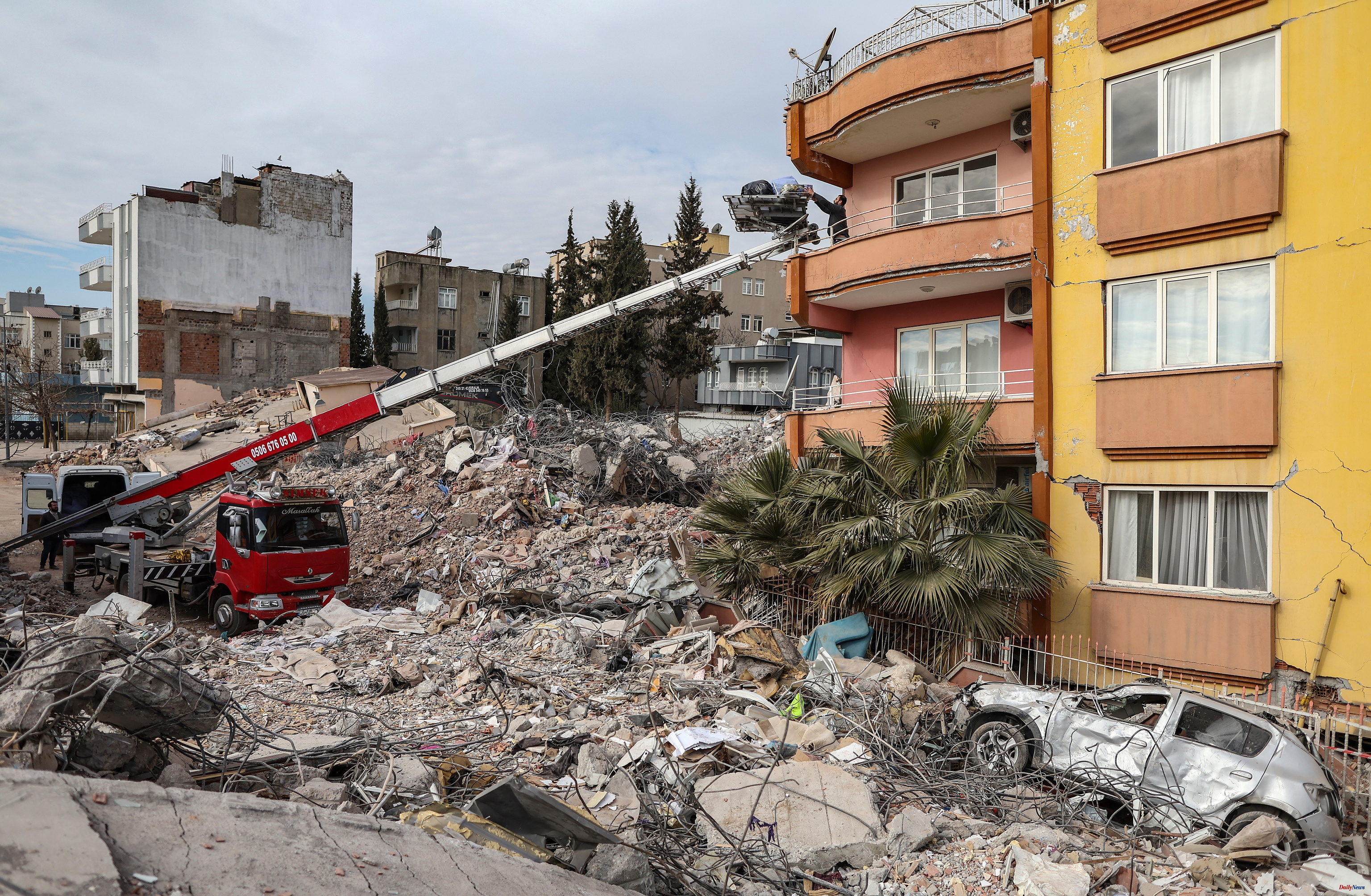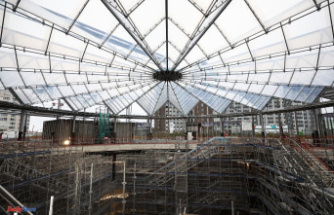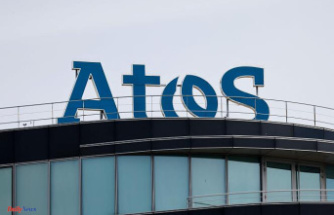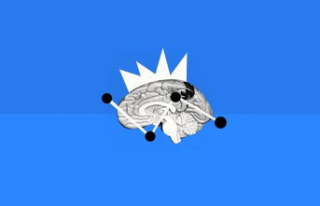The rescue efforts for the earthquake in Turkey conclude this Sunday, almost two weeks after the deadliest catastrophe in the country occurred and many pray to, at least, find the bodies of the missing.
"Would you pray to find a body? We would... to deliver the body to the family," an excavator operator said as his machine scraped through the rubble of a destroyed building in the city of Kahramanmaras.
"Families are waiting with hope," says Bozkurt: "They want a burial. They want a grave."
According to Islamic tradition, the dead should be buried as soon as possible. The head of Turkey's Emergency and Disaster Management Authority (AFAD), Yunus Sezer, has already announced that the search and rescue efforts will largely end on Sunday night.
More than 46,000 people have died after the earthquake that struck Turkey and Syria on February 6. The figure is expected to rise as some 345,000 homes in Turkey are known to have been destroyed and many are still missing.
Neither Turkey nor Syria have said how many people are still missing after the quake.
In one of the latest efforts to pull people out of the rubble, 12 days after the earthquake, emergency crews began removing rubble with their bare hands at a rescue site in Antakya on Saturday night. Tracking dogs and thermal cameras had detected signs of life from two people, according to rescuers, but just after midnight, eight hours after the start of the operation, teams called off the rescue.
"There is no one alive," said AFAD member Mujdat Erdogan, his uniform and face covered in dust. "I don't think we can continue to rescue people," he added.
Kyrgyz workers tried to save a Syrian family of five from the rubble of a building in Antakya, southern Turkey. Three people, including a child, were rescued alive. The mother and father survived, but the boy died shortly afterwards of dehydration, the rescue team said. An older sister and a twin did not survive.
"We have heard screams when we were digging an hour ago. When we find people alive we are always happy," Atay Osmanov, a member of the rescue team, told Reuters.
Ten ambulances were waiting on a nearby street that was closed to traffic to allow for rescue efforts.
The workers called for absolute silence and for everyone to crouch or sit while teams climbed to the top of the rubble of the building where the family was staying to listen for any further sounds through an electronic detector.
As rescue efforts continued, a worker yelled from the rubble: "Take a deep breath if you can hear my voice."
The World Health Organization estimates that some 26 million people in both Turkey and Syria need humanitarian aid.
US Secretary of State Antony Blinken will arrive in Turkey on Sunday to discuss how Washington can help Ankara in its fight against the aftermath of its worst natural disaster in modern times.
In Syria, where more than 5,800 deaths have been recorded, the World Food Program (WFP) said authorities in the north-west of the country were blocking access to the area.
"This is hampering our operations. This needs to be fixed immediately," David Beasley, director of the WFP, told Reuters.
The bulk of the fatalities in Syria are in the northwest, an area controlled by insurgents at war with forces loyal to President Bashar al-Assad.
"We're running out of time and we're running out of money. Our operation is running about $50 million a month just to respond to the earthquake, so unless Europe wants a new wave of refugees, we have to get the support we need." we need," Beasley added.
Thousands of Syrians who had taken refuge in Turkey from the civil war have returned to their homes in the war zone, at least for now.
According to the criteria of The Trust Project












